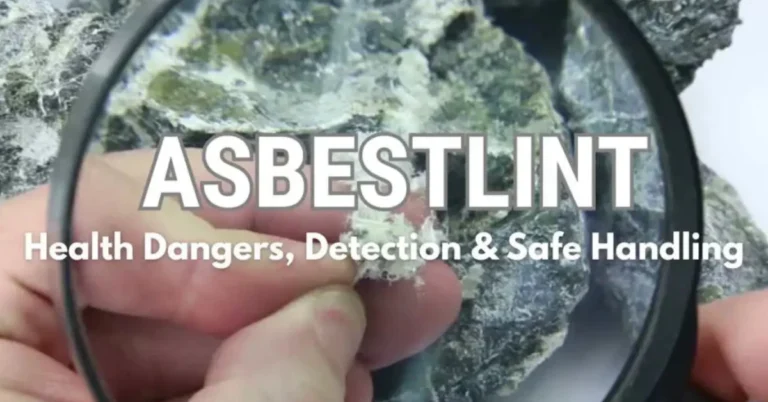10 Warning Signs of Mold Toxicity: Unveiling the Silent Threat
In spite of its seriousness, Mold Toxicity is often overlooked as a health issue. Mold spores may land almost anywhere, and when they do, they can cause health problems and structural damage with the poisons they produce. With the knowledge gained from this article, you will be able to recognize the 10 warning signs of Mold Toxicity and take the necessary steps to protect yourself and your loved ones from this silent killer.
Understanding Mold Toxicity
Mycotoxicosis, or poisoning from mold, is brought on by inhaling mycotoxins. Knowing the symptoms of exposure to these poisons is crucial, since they can cause a variety of serious health problems.
Unexplained Allergies
Mold poisoning sometimes manifests in the form of sudden, inexplicable allergic reactions. Mold exposure might be the cause of your chronic sneezing, runny nose, itchy eyes, and skin rashes.
Respiratory Problems
Breathing in mold spores that have become airborne can cause irritation of the respiratory system and symptoms including coughing, wheezing, and difficulty breathing. If you experience any of these signs, you may want to check the quality of the air within your home.
Fatigue and Weakness
Another typical symptom is a general feeling of weakness and tiredness. Toxins produced by mold growth can weaken the body’s defenses and sap its vitality.
Headaches and Brain Fog
Brain issues including chronic headaches and inability to focus have been linked to mold poisoning. If you’re having trouble concentrating, mold might be to blame.
Digestive Problems
Mold exposure can cause gastrointestinal symptoms such as nausea, diarrhea, and abdominal discomfort. You shouldn’t disregard these signs.
Skin Irritations
Itching, redness, and hives are just some of the skin reactions that can be caused by mold toxins. If you notice a change in your skin’s condition, mold might be a culprit.
Muscle and Joint Pain
Mold poisoning can cause persistent muscle and joint discomfort. Inflammation caused by the toxins is a major source of pain.
Sensitivity to Light
One of the less frequent but still important symptoms is photophobia, or an abnormal fear of bright light. Mold should be suspected if you find yourself squinting even in typical lighting.
Mood Swings and Depression
Mood swings, despair, and anxiety are all symptoms of the neurological system being disrupted by mycotoxins.
Memory Issues
Mold exposure is something to consider if you start having memory issues including forgetfulness and difficulties recalling facts.
Conclusion
Mold toxicity is an unrecognized danger that can have far-reaching effects on human health. If you know the 10 indications, you can act quickly to lessen its impact. Get in touch with experts for inspection and cleanup if you find mold in your home or office.
FAQs
Q: How do I test for mold toxicity in my home?
A certified mold inspector can conduct air quality tests to determine whether or not mold is harmful in your home. They will do sample collection and report back in great detail.
Q: What should I do if I suspect mold in my home?
If mold is suspected in your house, it must be dealt with immediately. Get in touch with a qualified mold removal expert to inspect the situation and take appropriate action.
Q: Can mold toxicity cause long-term health problems?
Long-term health issues are possible if mold poisoning is not addressed. It can make preexisting illnesses worse and perhaps cause new ones.
Q: How can I prevent mold growth in my home?
You can keep mold at bay if you maintain a dry, clean environment with enough ventilation.
Q: Are some individuals more sensitive to mold toxicity?
Yes, mold poisoning can affect everyone differently, however some people may be more susceptible than others owing to allergies or other diseases. It’s possible that they’ll show symptoms even with moderate exposure.







